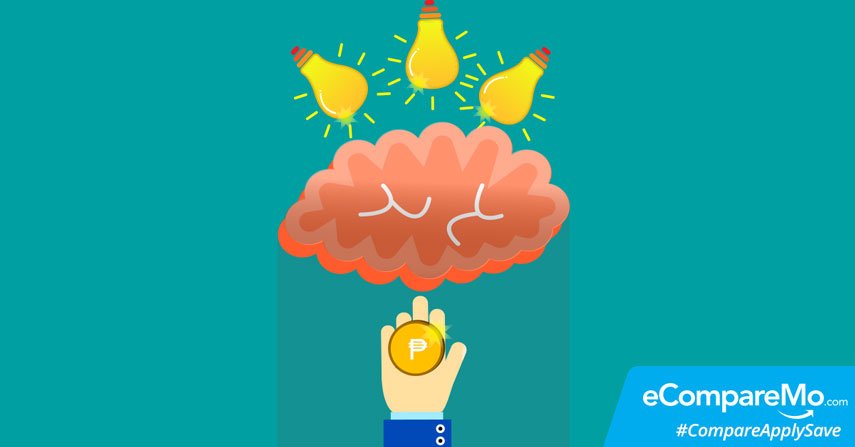How To Trick Your Brain Into Saving Money
3 min readIf there was one surefire formula for getting rich, everyone would have been living a comfortable life now. But there is not one secret to making bucket-loads of money, that even the world’s richest billionaires have had to go through obstacles to make their first million.
So what does it take to be smarter with money and truly live a financially stable life? For one, it starts with tricking your brain into spending less.

Scientists have uncovered ways to train our brains to make better money choices. Research from the San Francisco State University, led by Dr. Ryan T. Howell, revealed some ways to effectively trick our brains into saving money.
Get out of debt
Nothing gives you peace of mind than knowing you have your finances intact.
To live a joyful life, the very first thing you need to do is get out of debt, says Dr. Howell. “You may get some momentary joy from making a purchase you really want, but the financial stress of debt will make you worse off—it’s pretty much the worst thing in the world for your happiness.
You can trick your brain into paying for your debt first by tracking down your spending. According to Millennial money expert Stefanie O’Connell, “Cash is a tangible way to ground your numbers.â€
Her advice is to take physical cash and put it in an envelope named after your expenses. Label the envelopes for groceries, rent, and credit card debt, for instance.
That way, you can prioritize paying for your debt and other essentials first, and see where your money goes. Very simple indeed.
Once you create a habit of labeling your important expenses, paying for your debts will be a breeze, with the added bonus of saving money on the side.
Track your expenses
Paying in cash and writing it down lessens your tendency to make spur-of-the-moment purchases.
Psychology Today supports the fact that paying in cash is more effective in saving, “Psychologically it’s more difficult to use bills—you’re not pushing the pain into the future.â€
Dr. Howell adds: “There’s something about tracking your spending that takes the emotional, addictive quality of shopping away—and makes it rational.â€
Determine needs over wants
This is arguably the most challenging part of it all, as no two person has the exact same needs.
Personal Finance website Learnvest lists three questions to ask yourself before making a purchase.
1. Does it make me feel good about who I am?
“We get pleasure and joy when we do something that makes us proud of who we are,†shares Syble Solomon, Executive coach and founder of LifeWise Strategies/Money Habitudes and executive coach.
This can be about treating yourself to a spa service at the end of a long day, or buying clothes that would amp your confidence and productivity at work, so long as you can afford it.
But if the amount of stress of seeing your billing statement trumps the pleasure of having the item in your hands, consider it a hedonistic type of purchase, and thus falls under want.
2. Does it have meaning?
If it involves spending money for your loved ones or a hobby, this type of spending will bring more meaning and happiness to your life.
3. Does it engage or challenge me?
Invest in yourself, and for things that will create a lasting impact. Start a hobby, enroll in short courses you’re interested in, or get a Master’s Degree—anything that will add more value in your life.
Put simply, purchases that you can’t afford but feel compelled to buy because they bring you instant gratification are wants, and those that bring pure gratification that last longer belong to the category of needs.
Set specific goals
Psychology Today states that one of the best things to save money is to set a tangible goal. “People need to have a vision—that’s why all the marketing materials for retirement are about what kind of life you want to experience.â€
Set specific goals for your savings. This way, you lead yourself into working on things that will help you achieve these goals.
Along the way, you will also be inspired to look for part-time jobs to earn more money, instead of living with your emotional impulse to keep purchasing things you don’t really need.
It will then be easier for you to level up to a savings account.
As experts say, you’re much more likely to be successful if you have a tangible goal you’re trying to reach.â€
Good habits aren’t acquired overnight. A lot of success comes from truly committing to making big changes by taking small steps.
